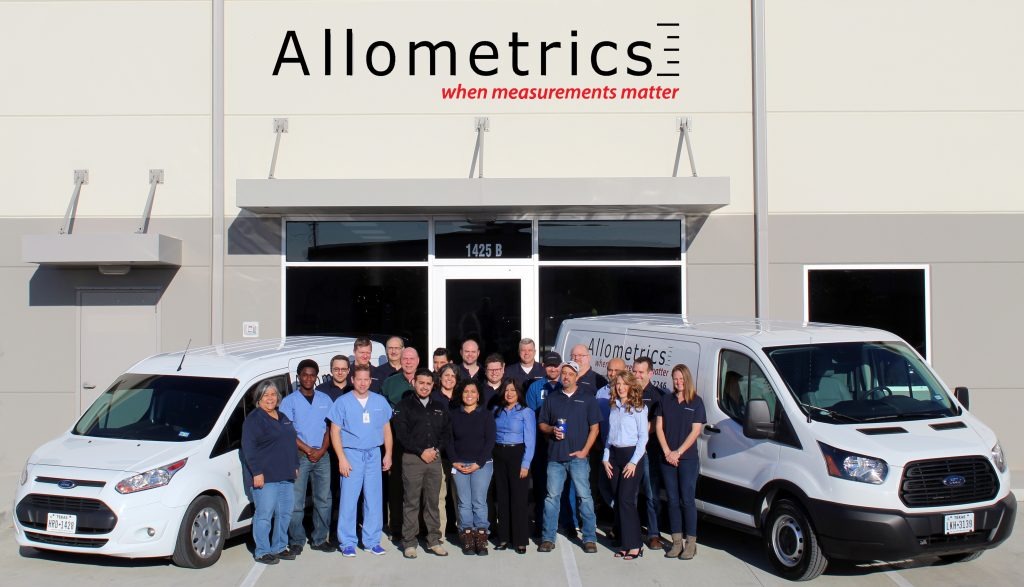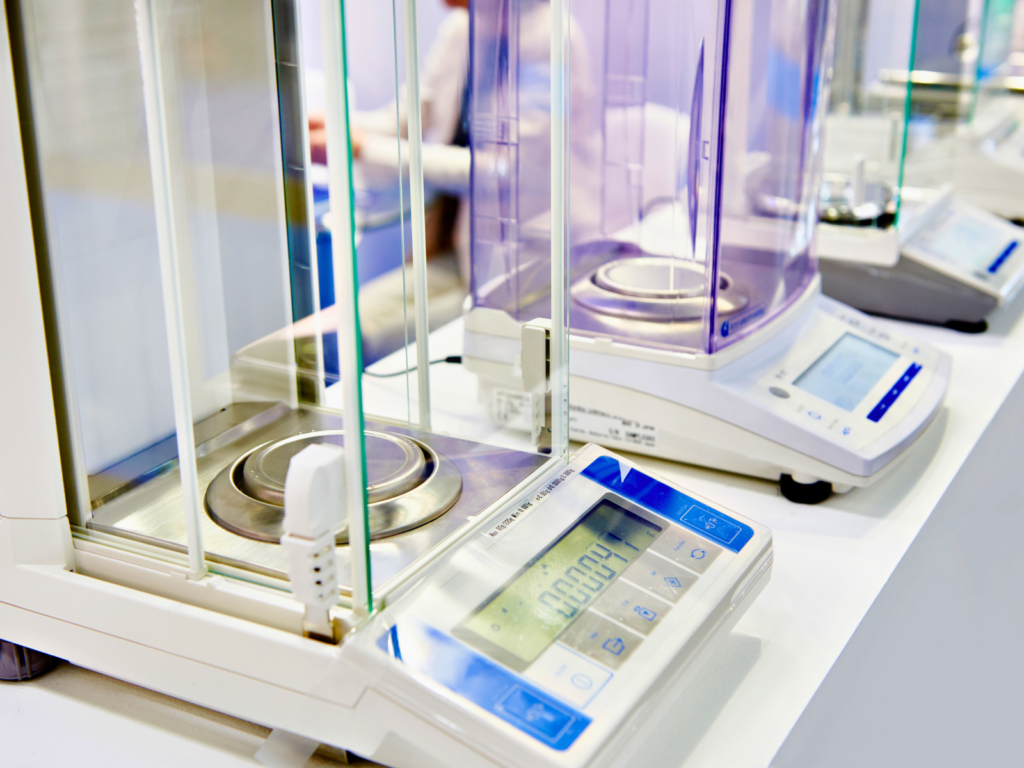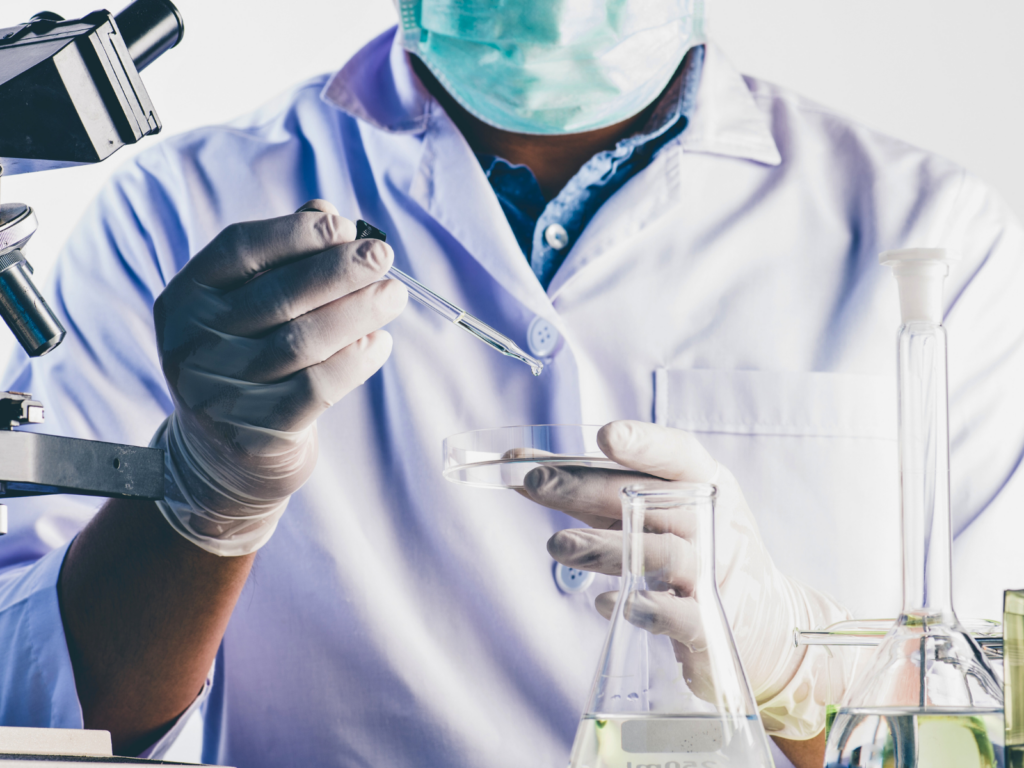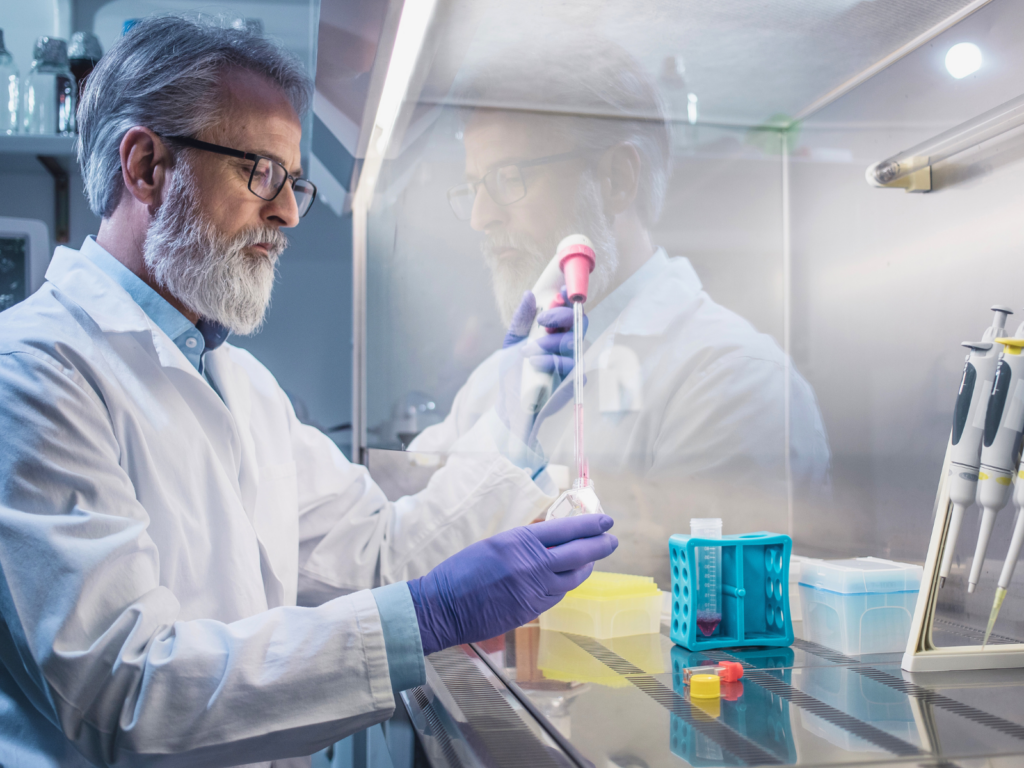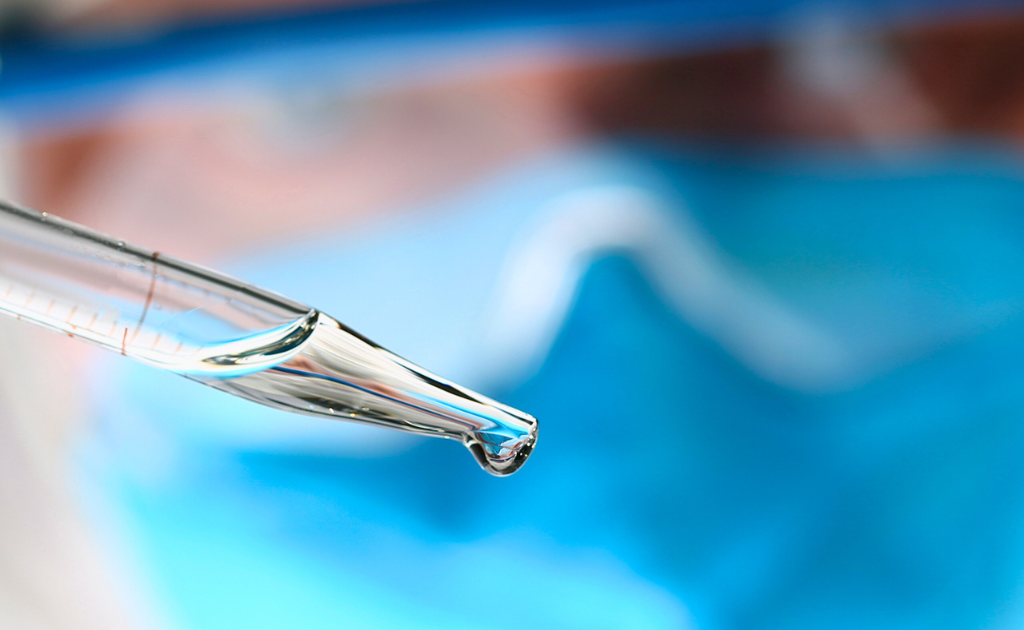If you’re working in a lab, you know that volumetric measurement plays a pivotal role in your work. There are different types of volumetric wares present in most laboratories, such as beakers, test tubes, volumetric flasks, and pipettes.
These vital measuring instruments differ in shape and purpose, but the importance of their accuracy remains constant.
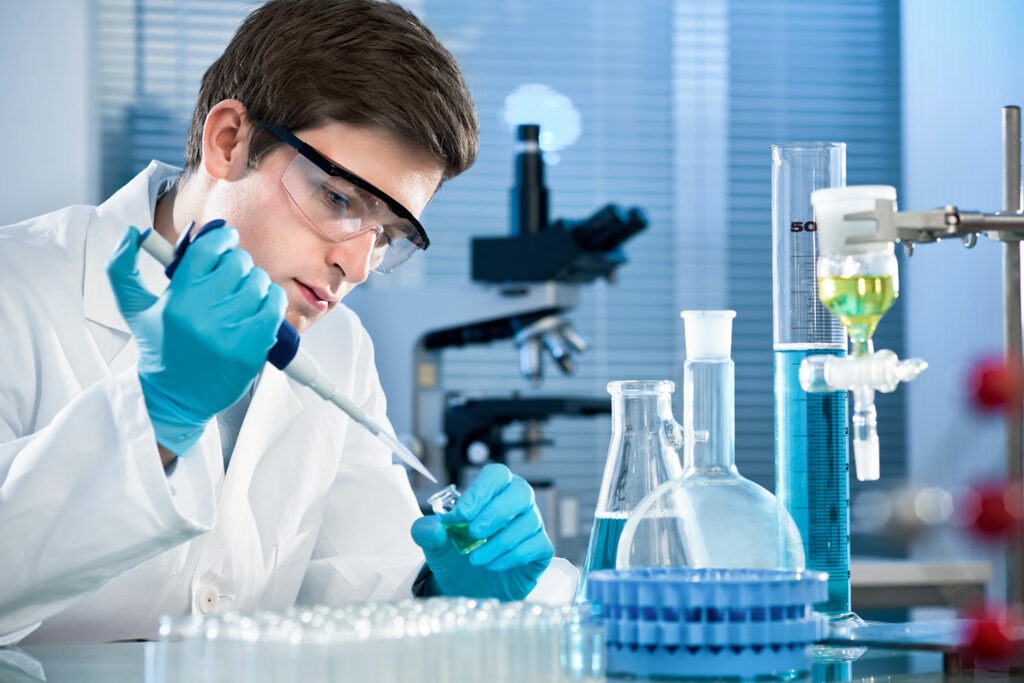
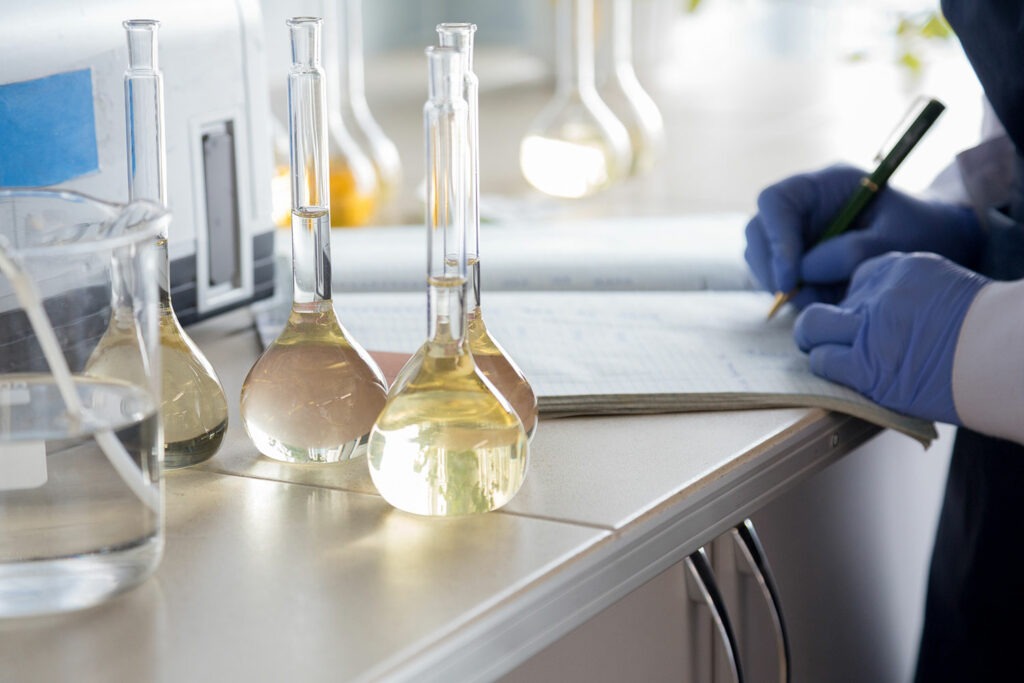
The Importance of Volumetric Ware
Volumetric ware is designed to provide accurate and precise measurements for liquid elements in laboratory settings.
Before selecting specific volumetric equipment, the user must first determine the degree of accuracy required for each measurement. Based on this, they can choose the most appropriate instrument.
Whether the lab is conducting experiments or is manufacturing medications, the truth is that quality standards and safety guidelines require the use of precision instruments and their proper handling.
How do Volumetric Instruments Get Damaged?
Most volumetric instruments use high resistance glass capable of withstanding harsh chemicals and extreme temperatures. However, over time erosion is still possible.
Some components such as hydrochloric acid concentrated phosphoric acid, and concentrated alkaline solutions can cause erosion primarily when used at high temperatures.
While erosion levels in laboratory volumetric glass are hardly perceptible to the human eye, with continued use, the erosion can progress to a point where measurement accuracy is compromised.
The cleaning process is another factor that can contribute to equipment erosion over time. For example, most laboratories utilize alkaline detergents in their dishwashing devices, and in some instances, harsher cleaning methods like sonic baths help accelerate the erosion process even more.
As the volumetric instruments erode due to use and incorrect handling, it’s natural for their measurements to become inaccurate, compromising the validity of experiments and potentially endangering the lives of consumers.
NIST & ISO 17025 Calibration Services
When searching for a calibration lab, it’s essential to contact a facility that provides NIST traceable calibrations.
The National Institute of Standards and Technology (NIST) is one of the nation’s oldest physical science laboratories and the country’s governing body for measurement science, rigorous traceability, and the development and use of standards.
NIST-certified laboratories like Allometrics are capable of calibrating equipment to NIST measurement standards.
Additionally, we provide calibration services that are ISO 17025 compliant, confirming that we operate within the highest standard quality management system for testing and calibrating volumetric instruments.
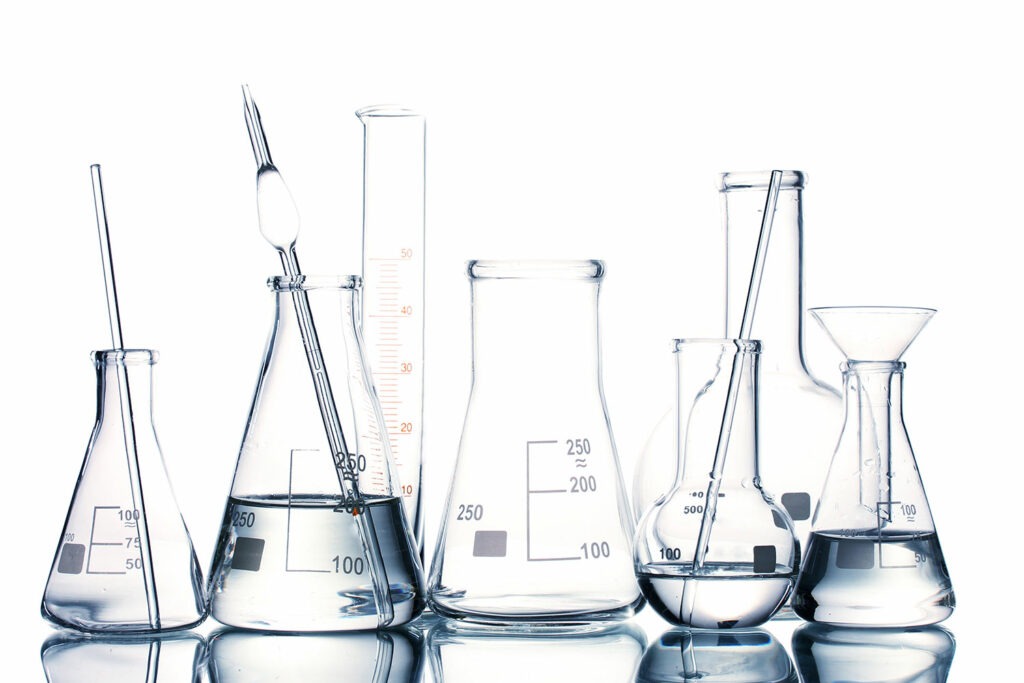

When to Calibrate Your Volumetric Equipment
Calibrated equipment ensures the measurements they give are compliant with national and international measuring standards.
Therefore, it’s crucial to set up a comprehensive calibration schedule for all your lab equipment. Keep in mind that many factors can result in your volumetric equipment falling out of tolerance, including improper handling, extreme temperature swings, and the use of abrasive chemicals and solutions.
Inaccurate readings and measurements can result in financial losses, increased waste, having to run unnecessary tests, and low-quality products.
As you plan your calibration schedule, it’s essential to consider the frequency of use, the application, and the different liquids measured, as well as the accuracy requirements.
Allometrics can help you develop and maintain your company’s calibration schedule. Our highly qualified technicians can provide quality calibration services on-site or at our laboratory.
Allometrics Inc.
Allometrics is the ideal calibration service provider, with more than 40 years of calibration experience, a wide range of capabilities and a state-of-the-art controlled environment lab at our disposal, we can help you achieve your calibration goals.
For more information on our services and capabilities please email us at sales@allometrics.com.
